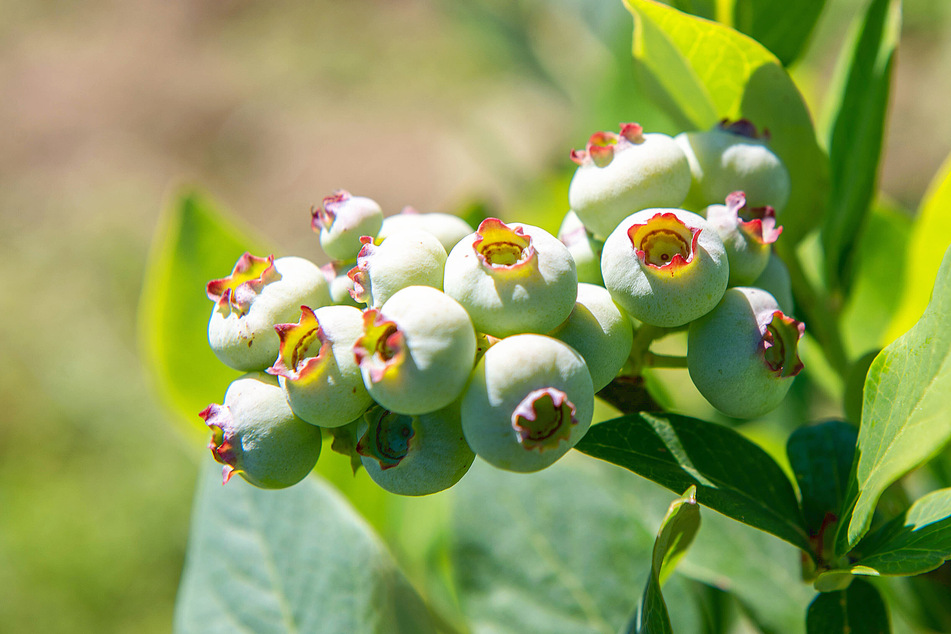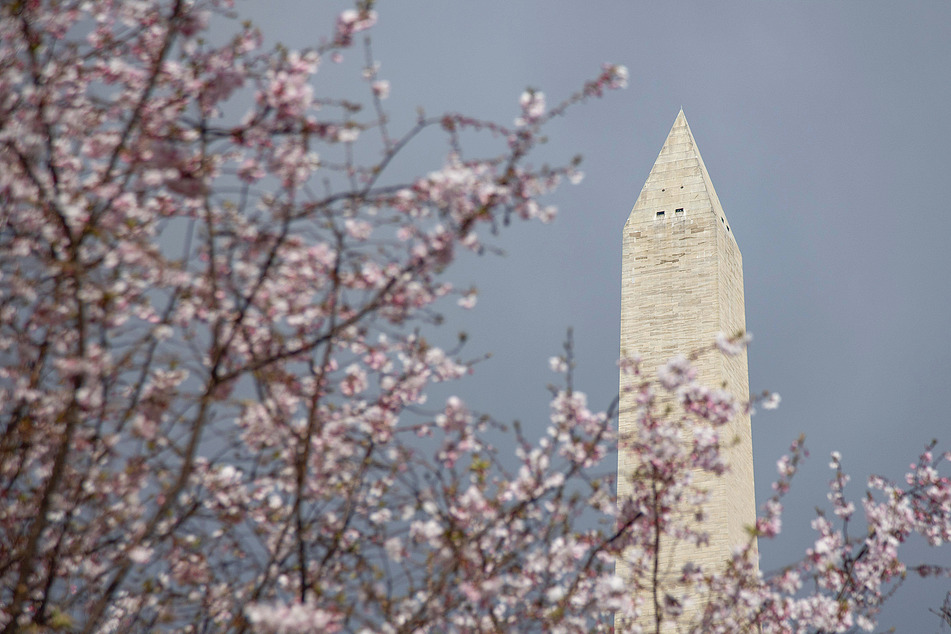Spring has sprung too early in another hit from climate change
Tucson, Arizona - Allergies or no, springtime is when life returns to the natural world. But climate change is making spring start sooner than it used to, with dire consequences for plants and animals (including us).

Dr. Theresa Crimmins, plant ecologist and director of the USA National Phenology Network (USA-NPN), wrote in The Conversation that across the US, spring now kicks off days or even weeks earlier than it did 70 years ago.
Dr. Crimmins and the USA-NPN focus on how the changing seasons influence natural lifecycles, and worked with University of Arizona climatologist Prof. Michael Crimmins on a study of how an earlier onset of spring developed over the past 70 years.
In the Southwest, spring now arrives 19 days early, but spring is barely early at all in the Southeast.
Dr. Crimmins also refers to a USA-NPN map showing where blossoming and leaf growth is early, late, or right on time.
Texas, for example, had its latest bloom on record, whereas parts of California and Arizona saw their earliest recorded spring leaves.
Many crops are heavily changed, and blueberries are a perfect example, blossoming three to four weeks sooner than they did in 1800s.
Early spring's impacts

Starting the spring party early is a dangerous bid for plants and animals.
Plants that blossom are at risk of losing their fruit before they ripen, since frosts can still descend, freezing buds, blossoms, and berries.
Plus, animals and plants that share a symbiotic relationship might miss one another, since not every species gets the memo that spring has arrived at the same speed.
This is a serious problem for the species that rely on each other for pollination and food, and as climate change worsens, the disconnect is likely to get more drastic.
This can even impact food crops we rely on, as in 2017, when frost decimated 80% of Georgia's peach crop, or frosts in 2012 killed off 90% or $200 million of Michigan cherries.
Speaking of cherries, a study published in the journal PLOS One found that Washington DC's cherry trees can now bloom weeks ahead of the capitol's National Cherry Blossom Festival.
Climate change is a multi-faceted crisis, and new research is starting to connect the dots on how it can impact our daily lives, from increased risk of landslides to earlier spring blooms.
Cover photo: IMAGO / VWPics
